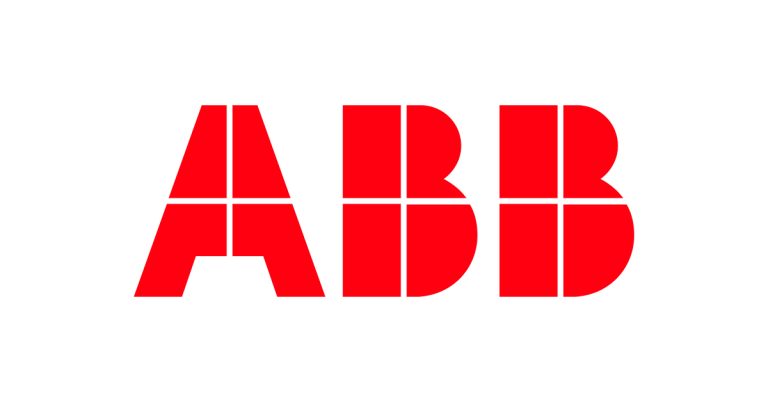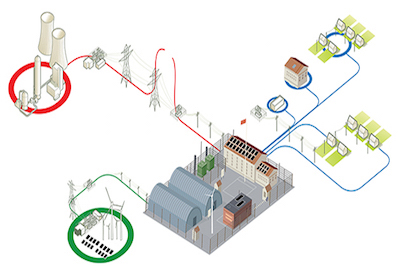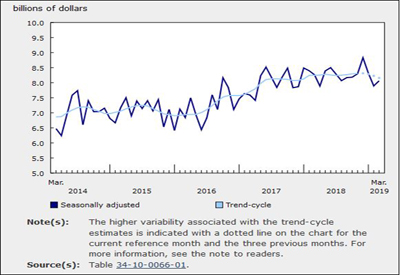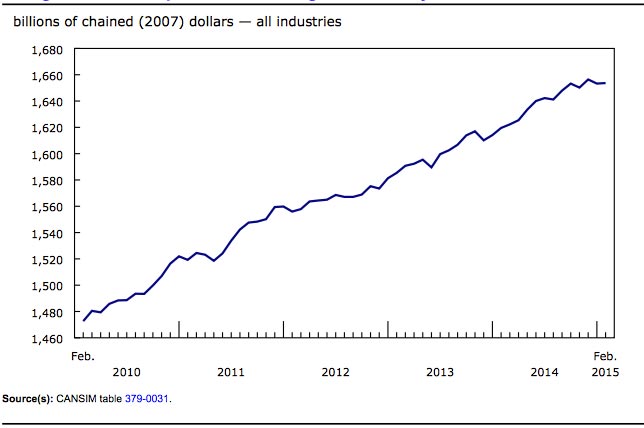Are Canadian Internet Providers Killing Business?
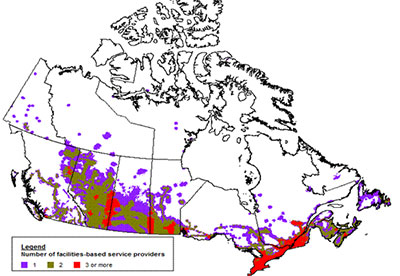
December 1, 2015
Sean Dunnigan
Developing a robust online presence, including a user-friendly website and customer apps, requires a speedy internet connection. Unfortunately for Canadian manufacturers and distributors, this is rarely available in Canada. According to broadband research firm Ookla, Canada ranks 39th globally for download speeds. For upload speeds, Canada’s 5.67 Mbps average ranks 53rd. This puts us between Kenya and Mexico. And Canada has slipped even more in recent years, as other countries continue to invest in high speed internet networks.
This all stems from a lack of competition: in 7 out of 10 provinces, one internet service provider (ISP) controls more than 50% of the market. Larger cities might have a handful of options. For a distributor servicing a smaller community, there is often only one internet service provider. Without any alternatives, there is no incentive for ISPs to offer superior service, which is why the rollout of fibre in Canadian cities has moved at a glacial pace. Every effort to improve the competitive environment has been met with resistance.
For your typical consumer, there is no other option. Canadian consumers will simply wait until the fibre optic network reaches their neighbourhood. Businesses have the option to pay for the network themselves, if they’re willing to invest between $8,000 and $20,000 up front. In addition, they will be required to lock into a contract with their ISP for five years. The message is clear: if you want faster internet speeds, you will have to pay to develop their network.
If you are unwilling or unable to pay, you are at a distinct disadvantage when competing with online distributors. For instance, a competitor located in the USA with superior internet access will have a better, faster website and apps and will be able to beat out a Canadian company in their own back yard. Millennials desire top notch apps and web experiences. Poor internet service undermines our future.
This is not just an e-commerce issue. Slow internet speeds also have a detrimental effect on employee productivity. With the rise of VPNs and cloud-based computing, your employees should have real time access to the data on your network, whether they’re on a job site or travelling across the country. If your upload speed does not allow for this, then your employees are waiting to receive this information second hand. For manufacturers, greater connectivity means pinpointing inefficiencies in order to cut costs. But greater connectivity requires a better network.
A 2014 CFIB survey showed that small and medium-sized enterprises were dissatisfied with their internet options. The reactionary approach to developing fibre networks cannot continue. It is having a detrimental effect on productivity in a multitude of Canadian industries. Internet service providers have been extremely effective in lobbying the government to block greater competition. Other industries must push for new alternatives.
The Conference Board of Canada reported that Canadian productivity levels are 20% lower than in the USA. If our new Canadian government wants to invest in infrastructure, perhaps a new ISP strategy would have the fastest ROI in our internet-of-everything world.
F. Sean Dunnigan is General Manager – Western Canada for Techspan Industries Inc.; sean@techspan.ca

